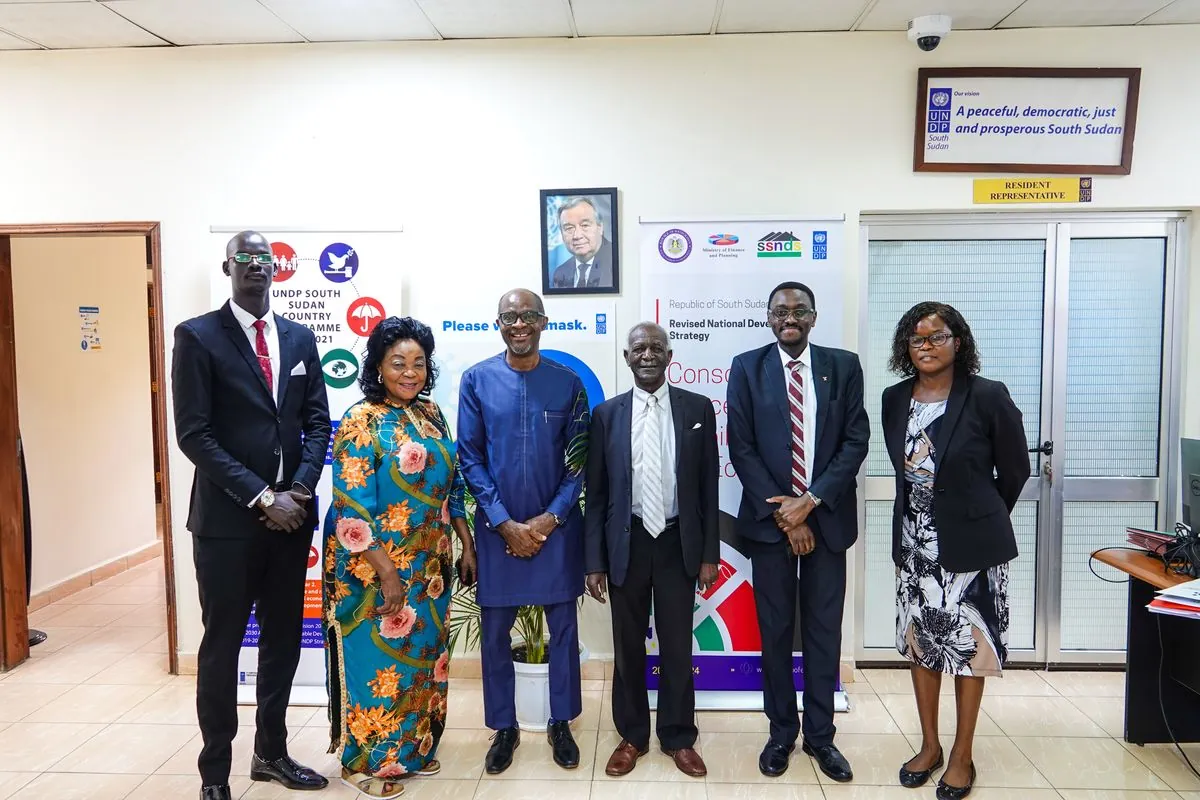In a significant development in South Sudan, a group of lawyers has taken legal action against President Salva Kiir's recent decision to extend the transitional government's term and postpone elections. This move comes as the world's newest nation, which gained independence in 2011, continues to grapple with political instability and the implementation of its 2018 peace agreement.
The legal challenge was filed with the Supreme Court on September 23, 2024, just ten days after the president's office announced a two-year extension of the transitional period. This decision effectively delayed the elections that were originally scheduled for December 2024, marking the second postponement since 2022.
Deng John Deng, speaking on behalf of the lawyers, stated:
The lawyers are seeking a court declaration to render the extension "null and void," highlighting the growing tension between the government's actions and constitutional expectations.
This legal challenge underscores the complex political landscape of South Sudan, a country that has faced numerous obstacles since its inception. Despite having vast agricultural potential and rich biodiversity, including large mammal migrations, the nation has struggled with ongoing conflicts and economic challenges.
The postponement of elections has not only sparked domestic controversy but also drawn international criticism. Guarantors of South Sudan's peace process have expressed disappointment, viewing the delay as a failure to implement the 2018 peace plan fully. This agreement was crucial in formally ending a five-year conflict that resulted in hundreds of thousands of deaths and displaced millions.
South Sudan's journey since independence has been marked by significant challenges. The country has one of the world's highest maternal mortality rates and faces severe food insecurity due to conflict and climate issues. With over 60 indigenous ethnic groups and more than 60 languages spoken alongside English, the national language, South Sudan's diversity adds complexity to its political landscape.
The nation's economy, heavily dependent on oil exports, has faced hyperinflation rates exceeding 800% in recent years. This economic instability is compounded by low literacy rates, estimated at around 27%, and limited access to clean water and internet connectivity.
As the Supreme Court considers this case, the international community watches closely. The outcome could have far-reaching implications for South Sudan's democratic process and the implementation of its peace agreement. With over 70% of its population under 30, the country's youth are particularly invested in the path forward.
The government, through Information Minister and spokesperson Michael Makuei, has not immediately responded to requests for comment on this legal challenge. As South Sudan navigates this critical juncture, the balance between political stability and democratic progress remains delicate, with the hopes of millions hanging in the balance.
